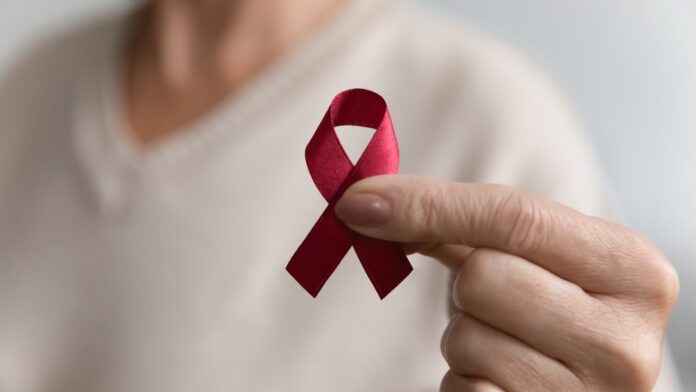After a five-year hiatus, Philadelphia FIGHT will honor AIDS Education Month with a no-cost, day-long summit at the Pennsylvania Convention Center on June 27. The gathering will explore the latest innovations and strategies in HIV treatment and prevention and present on the latest developments in efforts to find a cure.
“We are thrilled to return to the Pennsylvania Convention Center once again to share knowledge, foster community, and advance our collective efforts in HIV education and prevention,” stated Jane Shull, CEO of Philadelphia FIGHT. “This summit represents a vital opportunity to reconnect, learn from leading experts, and renew our commitment to ending the HIV epidemic.”
This year’s theme is “Keep Going, Keep Moving, A Cure is in Sight,” highlighting the excitement around efforts to end the HIV epidemic and the need for those living with HIV to continue to preserve as the world waits.
Dr. Luis Montaner — who leads the HIV Research Program at The Wistar Institute and is the director of the HIV-1 Immunopathogenesis Laboratory — is presenting a workshop that will showcase leading medical advances as well as Philadelphia’s role in these developments.
One research group is casting a wide net in their search for the cure. Approaches that utilize broadly neutralizing antibodies to prevent and treat HIV have emerged in recent years. In the future, they might eventually become part of curative therapies. Another research development includes possibilities for manipulating the ways cells interact with a person’s immune system. Another approach, which treats HIV by assisting the body’s attempt to kill off infected cells, is currently being developed in clinical trial groups.
Rather than explore multiple approaches, another research group has a more focused pursuit and is utilizing CRISPR technology to “cut out” the HIV genome from the cell.
Those interested in getting involved in these and other clinical trials or observational studies can learn more at the summit or visit one of three main portals (crisprforcure.org, beat-hiv.org, and the AIDS Clinical Trials Group — actgnetwork.org) to better understand if these options are a good fit.
“If you go to Pittsburgh, you don’t have this access. If you go to New York, you won’t have this access,” Montaner said about local leadership in the field. “It’s here in Philadelphia.”
Montaner is especially excited about the interest people are beginning to show in the field — including national leaders who have brought governmental investment to HIV research and new, talented researchers who are entering the field with fresh ideas.
“It really bodes well for the future,” he underlined.
He also warned that this enthusiasm and the success of new research and treatments should not be misinterpreted as an end to HIV in the here and now. Montaner noted that the biggest obstacle in eradicating HIV will not be developing a cure but will be delivering the cure to those who need it.
“Once we do achieve our goal, then that’s only the beginning,” he said. “Because being able to make it accessible within the United States and within the world is going to be as big of a challenge as it is to deliver antiviral therapy today.”
As this year’s summit theme states, a cure is in sight — but until that cure becomes a reality, people living with HIV and their caregivers need to find ways to thrive in their day-to-day lives.
“There’s this idea that we’re strong — especially Black and Brown women, that we can keep going, that we can do this no matter what’s happening,” said Armina Domingue, LMSW, who is leading a workshop that will help people develop self-care and resilience skills. Other workshops will explore conversations about aging with HIV and faith-based approaches to community and care.
Domingue has lived experience supporting a family member who lived with HIV — whose HIV status she was never able to confirm despite his receiving medical treatment in HIV wards. This is because her family could not overcome the stigma attached to HIV.
During the workshop, Domingue will give a short presentation then allow those gathered to connect with each other in small groups. They’ll discuss what it’s like to experience compassion fatigue, vicarious trauma and burnout before trying role-playing exercises. She also plans to address stigma and misinformation, which she said can lead to burnout.
Those gathered will leave the session with a toolkit — and maybe even a new support network — which will help them create practices around stress management and include a list of local and online resources to explore on their own.
“If we maintain our emotional and physical health, the takeaway is that we prevent burnout,” she emphasized, noting that the most important part of learning to thrive as a person living with HIV or caring for someone with HIV is learning how to find time for joy, peace and community.
The HIV Education Summit will be held 8:30 a.m.-3 p.m. on June 27 at the Pennsylvania Convention Center, 1101 Arch St. For more information or to register, please visit https://fight.org/2024-hiv-education-opening-celebration/.

